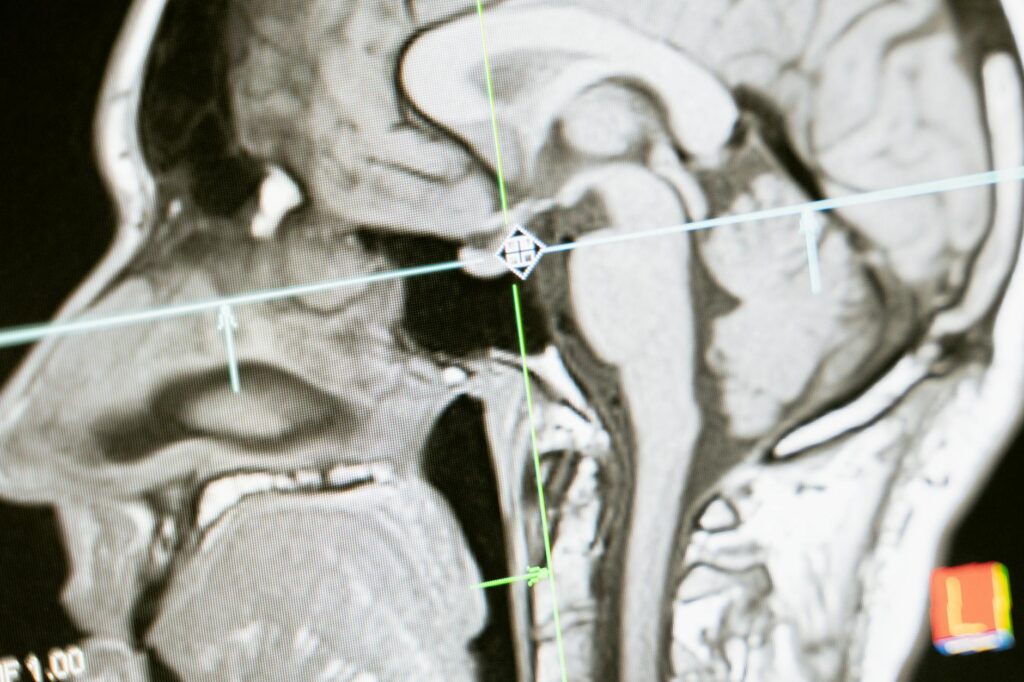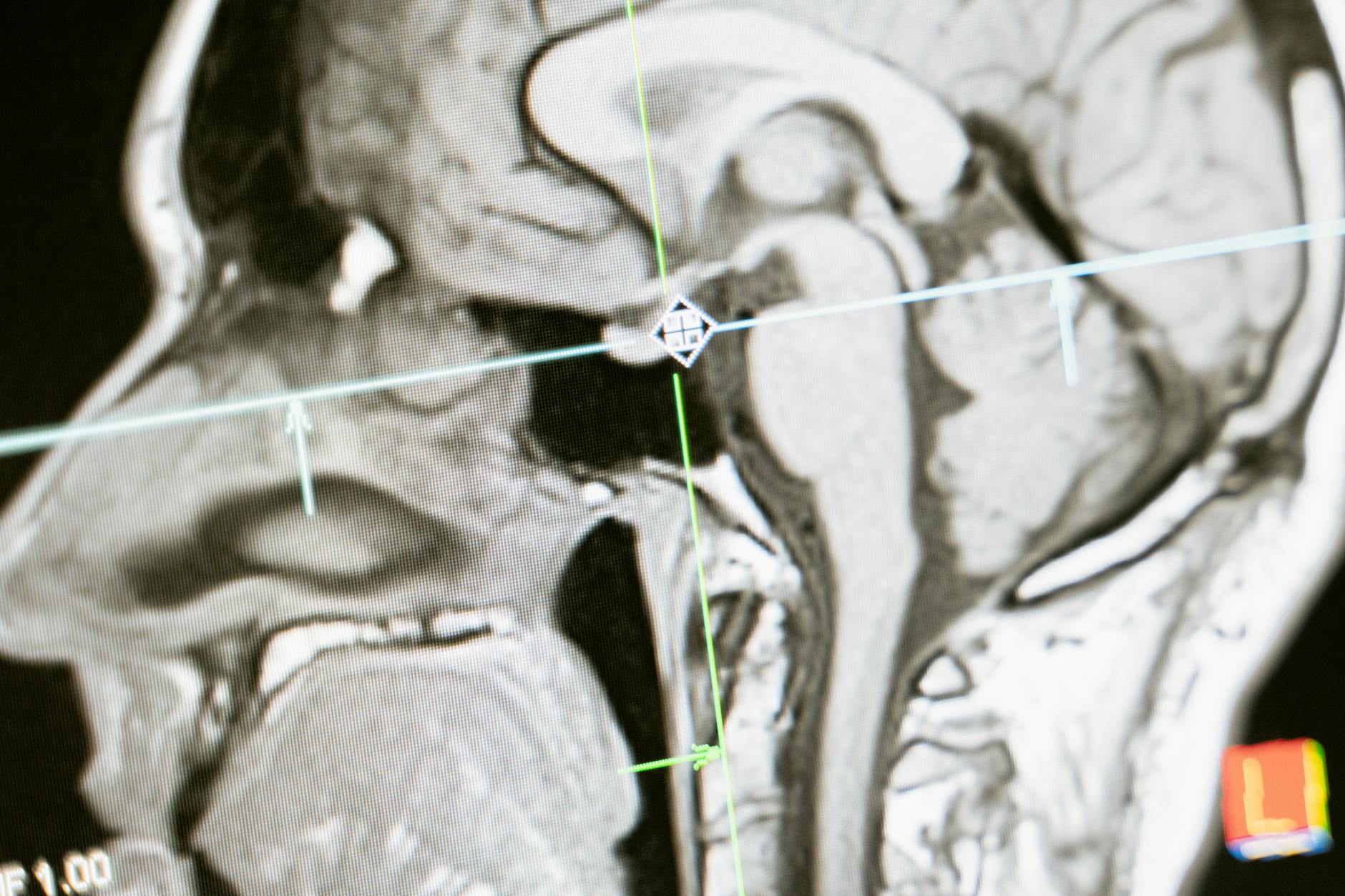What is affective neuroscience studies?

What is affective neuroscience studies?
Affective neuroscience studies offer a profound examination of how our brain processes emotions, influencing our behavior and cognition. This interdisciplinary field blends psychology, neuroscience, and emotional studies, aiming to unravel the complexities of human feelings. By understanding the neural basis of emotions, we can gain insights into mental health, learning processes, and overall well-being.
Understanding Affective Neuroscience
Affective neuroscience is a vibrant field that investigates the interplay between emotions and the brain. It combines insights from various disciplines, including psychology and neuroscience, to understand how emotional experiences shape our thoughts and behaviors. Essentially, it helps us answer questions like: How do emotions influence decision-making? What happens in our brains when we feel happy or sad?
The core of affective neuroscience lies in understanding the neural underpinnings of emotions. Researchers study the brain’s emotional centers, such as the amygdala and prefrontal cortex, to uncover how different emotions emerge and how they affect our daily lives. For instance, emotional responses can significantly alter our interactions, choices, and overall mental health.
The History of Affective Neuroscience
The field of affective neuroscience has gained momentum since the late 20th century. Early pioneers like Paul Ekman and Jaak Panksepp laid the foundation for this research, exploring emotional expressions and the neural mechanisms behind them. Panksepp’s work, in particular, focused on the subcortical regions of the brain, establishing that primary emotional processes are rooted deep within us. As the field evolved, advancements in imaging technology allowed for more precise studies of brain activity related to emotions, propelling affective neuroscience into the forefront of psychological research.
Key Concepts in Affective Neuroscience
Several key concepts underpin affective neuroscience studies:
-
Emotion Regulation: This refers to the processes by which individuals influence their emotional experiences. Understanding how this works can lead to better mental health strategies.
-
Emotional Responses: These are reactions to stimuli that reflect our feelings. For example, fear might trigger a fight-or-flight response.
-
Neural Correlates of Emotions: Researchers investigate specific brain areas associated with emotional experiences, helping us comprehend how our brain processes feelings.
Methods in Affective Neuroscience Studies
The methodologies used in affective neuroscience are diverse, incorporating both brain imaging and behavioral assessments. Each approach offers unique insights into how emotions manifest in our brains and bodies.
Neuroimaging Techniques
Neuroimaging has revolutionized our understanding of the emotional brain. Techniques such as functional Magnetic Resonance Imaging (fMRI) and Positron Emission Tomography (PET) scans allow researchers to observe brain activity in real time. For instance, fMRI can reveal how the amygdala lights up during fear-inducing stimuli, illustrating the brain’s immediate response to danger. Such insights are crucial for developing interventions in mental health, as they pinpoint where and how emotional processing occurs.

Photo by MART PRODUCTION
Behavioral and Physiological Measures
In addition to neuroimaging, affective neuroscience employs behavioral and physiological measures to assess emotional responses. Researchers might track facial expressions, body language, or physiological indicators like heart rate and skin conductance. For instance, increased perspiration during a stressful situation can provide objective data about emotional arousal. These measures, when combined with neuroimaging, create a comprehensive picture of how emotions are experienced and expressed.
Applications of Affective Neuroscience
Affective neuroscience studies have wide-ranging applications across various fields, from mental health to education and workplace productivity.
Mental Health Interventions
Understanding how emotions function at a neural level can significantly enhance therapeutic approaches in psychology and psychiatry. Therapists can use this knowledge to tailor treatments that target specific emotional responses. For example, cognitive-behavioral therapy can be adapted to help individuals regulate their emotional responses more effectively, leading to better outcomes.
Enhancing Learning and Productivity
In educational settings, affective neuroscience can inform teaching strategies. By recognizing how emotions impact learning, educators can create environments that foster positive emotional experiences, enhancing student engagement. Similarly, in workplace settings, understanding the emotional drivers of productivity can lead to improved work-life balance and job satisfaction. When employees feel valued and emotionally supported, they’re more likely to perform at their best.
Future Directions in Affective Neuroscience Research
The future of affective neuroscience is promising, with several trends on the horizon that could reshape the field.
Emerging Technologies
Advancements in technology, such as artificial intelligence and machine learning, are set to enhance research methodologies. For example, AI can analyze vast amounts of data from neuroimaging studies, uncovering patterns that human researchers might overlook. As we integrate these technologies, our understanding of emotions and their neural correlates will deepen, paving the way for innovative applications in therapy, education, and beyond.
Conclusion
Affective neuroscience studies play a critical role in our understanding of human emotion and behavior. By exploring the intricate connections between our brains and feelings, we can enhance mental health interventions, improve educational outcomes, and increase workplace productivity. This field invites us to delve deeper into our emotional experiences, encouraging ongoing exploration and research. As we continue to unravel the complexities of our emotional lives, the potential for personal growth and societal benefit is immense. So, if you’re intrigued by the workings of your mind, consider diving into the world of affective neuroscience—you won’t be disappointed!